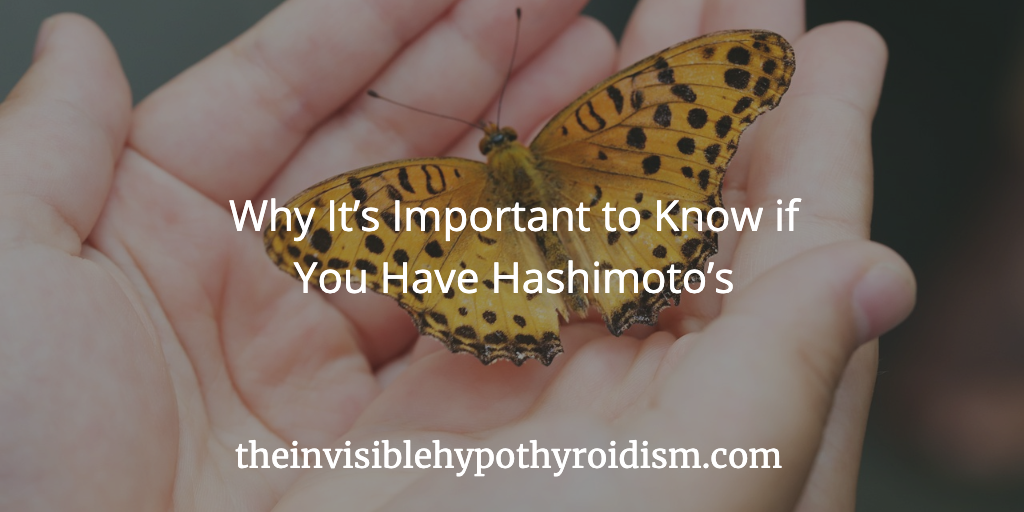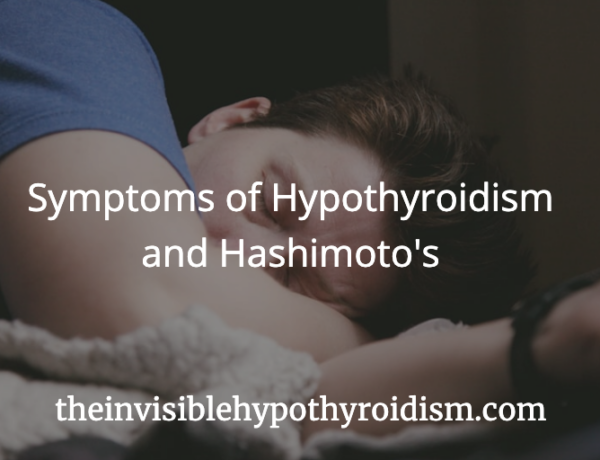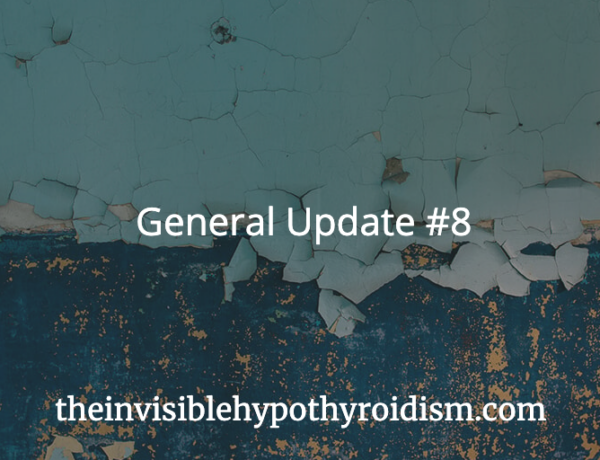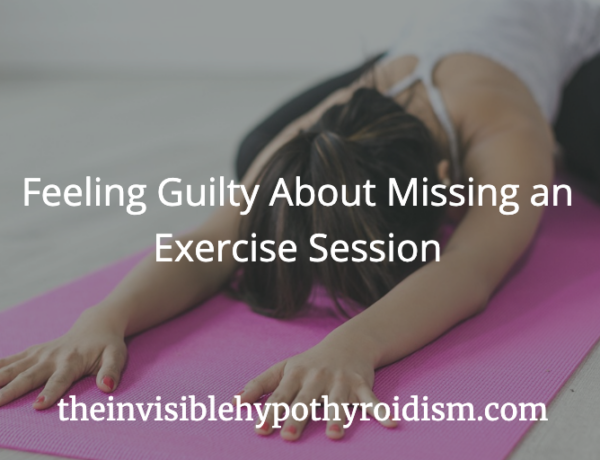90% of people with Hypothyroidism (an underactive thyroid) also have the autoimmune disease Hashimoto’s as the cause. [1]
Yet many of us are never told if we have Hashimoto’s, or even tested for it.
However, knowing if this autoimmune disease is the cause for our thyroid condition is important.
Why Are So Many of Us Not Tested?
In mainstream medicine, there is no standardised treatment for Hashimoto’s, so for many doctors, checking for this autoimmune disease is seen as a waste of time because it doesn’t change how they treat you.
Why it Does Matter
We all have a right to know whether we have an autoimmune disease. Having Hashimoto’s is a separate health condition. It can bring complications, e.g. having one autoimmune disease increases the chances of developing another, and pregnancy is also considered higher risk in someone with Hashimoto’s. Having Hashimoto’s can also indicate that you have other areas of your health in need of support other than just taking thyroid medication.
Also, more progressive medicine does offer treatment for Hashimoto’s.
Lifestyle changes are often recommended to help treat and manage Hashimoto’s, such as dietary changes, stress management, gut health focus, supplementation and more.
Hashimoto’s causes the body to attack and destroy its own thyroid gland, causing hypothyroidism as the thyroid begins to dysfunction from the damage caused. As time goes by, if this autoimmune disease is not well controlled, your body continues to attack and destroys the thyroid as if it is the enemy, which can cause your levels to gradually get worse and worse, meaning further increases in thyroid medication dosage and worsening symptoms.
By working with a private doctor and functional medicine practitioner who treated my Hashimoto’s and not just the hypothyroidism, we put it in remission with antibodies coming down from the thousands to almost zero. And I felt much, much better for it. My thyroid condition became very well managed due to treating the Hashimoto’s.
But it all started with an initial blood test and diagnosis. Furthermore, considering that 90% of us with hypothyroidism have Hashimoto’s, that’s a lot of us that may require extra treatment and still feel unwell on thyroid medication alone.
Ask your doctor to confirm if you have Hashimoto’s when you already have the hypothyroid diagnosis. It’s important to know for so many reasons.
How Do I Know if I Have Hashimoto’s?
To know if you have Hashimoto’s, you need two tests: Thyroid Peroxidase Antibodies (TPOAB) and Thyroglobulin Antibodies (TGAB). Thyroid peroxidase antibodies act against the enzyme thyroid peroxidase (produced by the thyroid gland) in the bloodstream. Thyroglobulin is a protein produced by the thyroid gland, needed for the synthesis of T4 to T3.
You need both Thyroid Peroxidase Antibodies (TPOAB) and Thyroglobulin Antibodies (TGAB) to be checked, as often just the one test is not accurate enough to be sure. One could have results ‘in range’, while the other not. You only need to be over range with one of these types of thyroid antibodies to have Hashimoto’s, but monitoring both is useful.
If you’re not yet sure if you have Hashimoto’s as the cause for your hypothyroidism, you can test for it yourself here (in the US) and here (for those in the UK).
Having Hashimoto’s will usually show as TPOAB and TGAB test results being above range, although it is believed that 10% of people with Hashimoto’s may not show on tests. It is worth knowing that you could see variations in your thyroid antibody and TSH results each time you test too, with them being high one time and low the next. This is due to be a common sign of Hashimoto’s (swinging test results) as ongoing destruction of your thyroid gland causes sudden surges of thyroid hormone to be released into the blood.
This is why it can be important to manage your Hashimoto’s in the form of lowering thyroid antibodies and keeping them low, as this signals that the condition is in remission and better managed. I.e. the progression of the disease is slowed down or halted.
Have you confirmed if you have Hashimoto’s?
Read about how I got my Hashimoto’s in to remission here.
Related Article: What is the Difference Between Hypothyroidism and Hashimoto’s?

The book Be Your Own Thyroid Advocate: When You’re Sick and Tired of Being Sick and Tired, which covers Rachel’s personal story of how she got her Hashimoto’s under control.
You can click on the hyperlinks in the above post to learn more and see references to information given.
References:
[1] https://www.ncbi.nlm.nih.gov/pubmed/3066320





